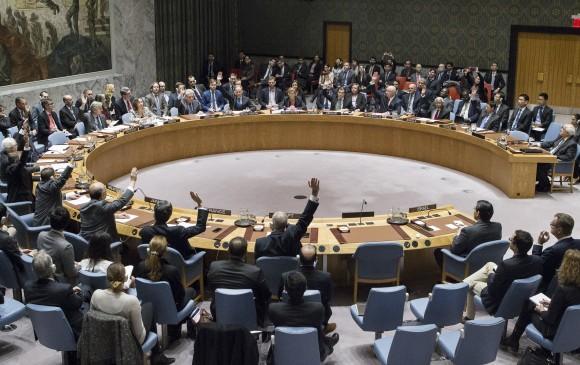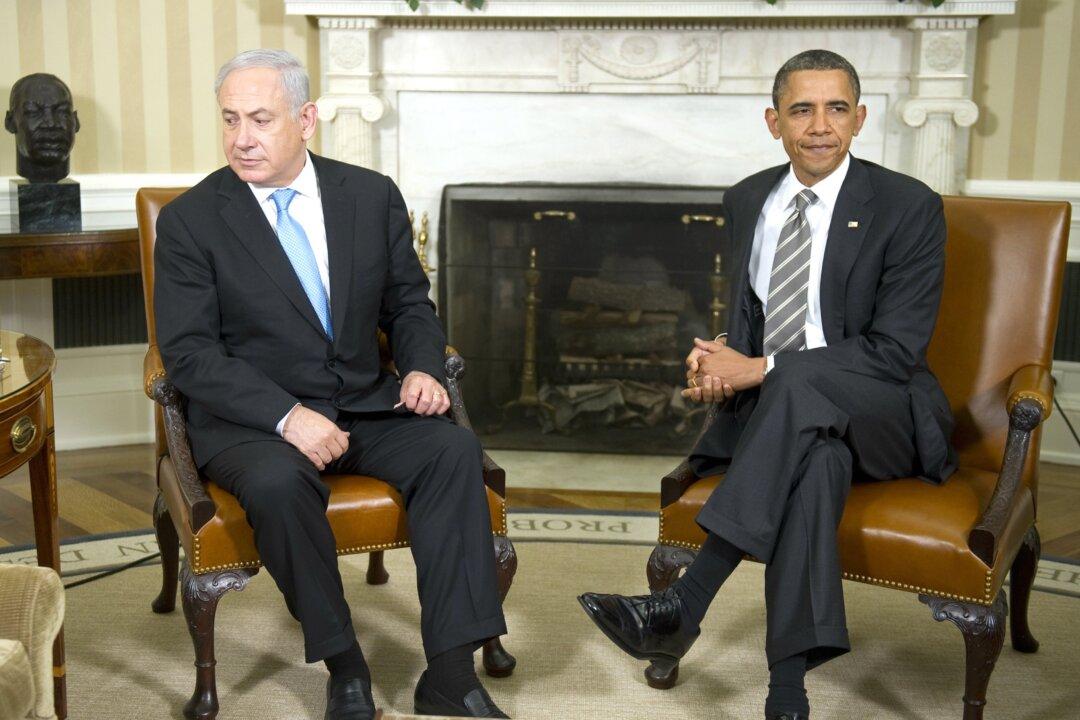There is a tradition that lame duck presidents, as their term draws to a close, begin to make way for their successor. They tend not to initiate significant new business, and on their last day in office, they are photographed leaving the White House for the last time, boarding the Marine One helicopter to begin the first leg of their trip to retirement, somewhere away from the capital. The stage of Washington is relinquished to the new president.
President Barack Obama seems to have a different idea about how to end his second term in office and go into retirement. He has been making news with his last-minute efforts, including allowing a U.N. Security Council Resolution on Israel to pass that breaks decades of U.S. policy.
These moves seem to be partly a bid by Obama to bolster his legacy and partly a signal that he intends to engage in partisan warfare up until the last minute, and perhaps beyond.
UN Resolution
The passing of Resolution 2334 was a surprise, coming on the Friday before Christmas and after the U.S. Congress had already adjourned. The vote was 14–0 in favor, with the United States abstaining. The United States has veto power in the Security Council, so a negative U.S. vote would have defeated the measure.
The resolution states that Israeli settlement activity in Palestinian territory occupied since the 1967 war “has no legal validity and constitutes a flagrant violation under international law and a major obstacle to the achievement of the two-state solution.”
The United Nations regards the West Bank and Jerusalem as territory conquered in war, which the Geneva Convention prohibits the conqueror from settling. Israel rejects this interpretation. Among several arguments, Israel says there has never been a legally recognized claim to the occupied territories and therefore Israel’s possession of them after the 1967 war does not fall under the Geneva Convention’s proscription.
Resolution 2334 also condemns terror, calling “for immediate steps to prevent all acts of violence against civilians, including acts of terror.”






